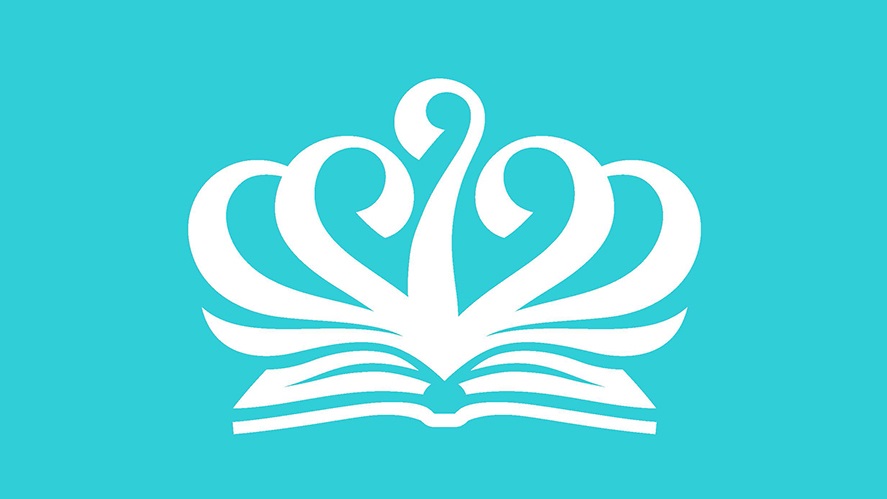- Discover more
- Parent Essentials
- Calendar
- Careers
- News
- Contact us
- Apply now
- Discover more
- Parent Essentials
- Calendar
- Careers
- News
- Contact us
- Apply now

His Majesty King Bhumibol Adulyadej’s Birthday – 5th December 2014
The revered monarch known as Rama IX has reigned Thailand since the 9th of June, 1946, making him the world's longest-serving current head of state and the longest-reigning monarch ever in Thailand's history.
The national holiday is a colourful affair. Buildings across Thailand will display flags, bunting and portraits of the King, while around the Grand Palace area of Bangkok, the streets are decorated with thousands of marigolds. Fireworks displays in major towns and cities are also common.
Makha Bucha day – 4th March, 2015
Makha Bucha commemorates two separate events occurring on the same date 45 years apart. The first event was the coming together of 1,250 monks from many parts of Asia so they could meet and be ordained by Buddha. The second event, shortly before his death, was Buddha delivering his teachings. Both events occurred on the full moon of the third lunar month.
This religious holiday is celebrated at sunset at all temples around Thailand. Thais will come to pray, make offerings, then, after sunset, there will be candlelight processions around the ordination hall or pagoda, if the temple has an especially important one.
Songkran festival – 13th-15th April, 2015
Songkran festival takes place on April 13, 2015. The Songkran festival is celebrated in Thailand as the traditional new year. Songkran coincides with the calendars of many countries in South and South-east Asia. The date of the festival was originally set by astrological calculation, but it is now fixed. If any of these days fall on a weekend, as they do next year, the missed days off are taken on the weekdays immediately following.
The traditional throwing of water is meant as a symbol of washing all of the bad away and is sometimes filled with fragrant herbs when celebrated in the traditional manner. The streets can turn into a kind of waterpark where throwing projectiles at strangers is commonplace. Leaving your car or motorbike at home is advised, as road accidents increase over this period.
Regents International School Pattaya also celebrates Songkran prior to the holiday with water fights and pool parties, so be prepared for wet kids on these days!
Visakha Bucha day – June 1st, 2015
Typically held in May due to the fact that Visakha Bucha is an astrological holiday, 2015’s version will be on the first of June. This is the most sacred day on the Buddhist calendar, the most important festival and the day Buddhists celebrate their religion with the greatest enthusiasm.
Although Buddhists regard every full moon as sacred, the moon of the month of Visakha has special significance because on this day 2500 years ago the Buddha was born, attained enlightenment, and attained Nirvana when he died. It is celebrated by gathering at temples and praying, lighting candles and incense and listening to monks recite Buddha’s verses and teachings. Alcohol is strictly prohibited and many bars and restaurants will close their doors for the day.
Asahna Bucha day – July 30th, 2015
Another holiday on the Thai calendar that changes with the lunar cycle, Asahna Bucha (also known as Dhamma day) celebrates the first ever sermon by Buddha and the creation of monkhood over 2500 years ago.
Many Thai’s will return to their ancestral homes and celebrate the day in their local temple by donating offerings, listening to sermons and perform a ceremony called ‘wian, tian’, where followers walk clockwise around the main shrine of the temple carrying incense and lotus flowers. During the day the temple’s monks will carry out blessings.